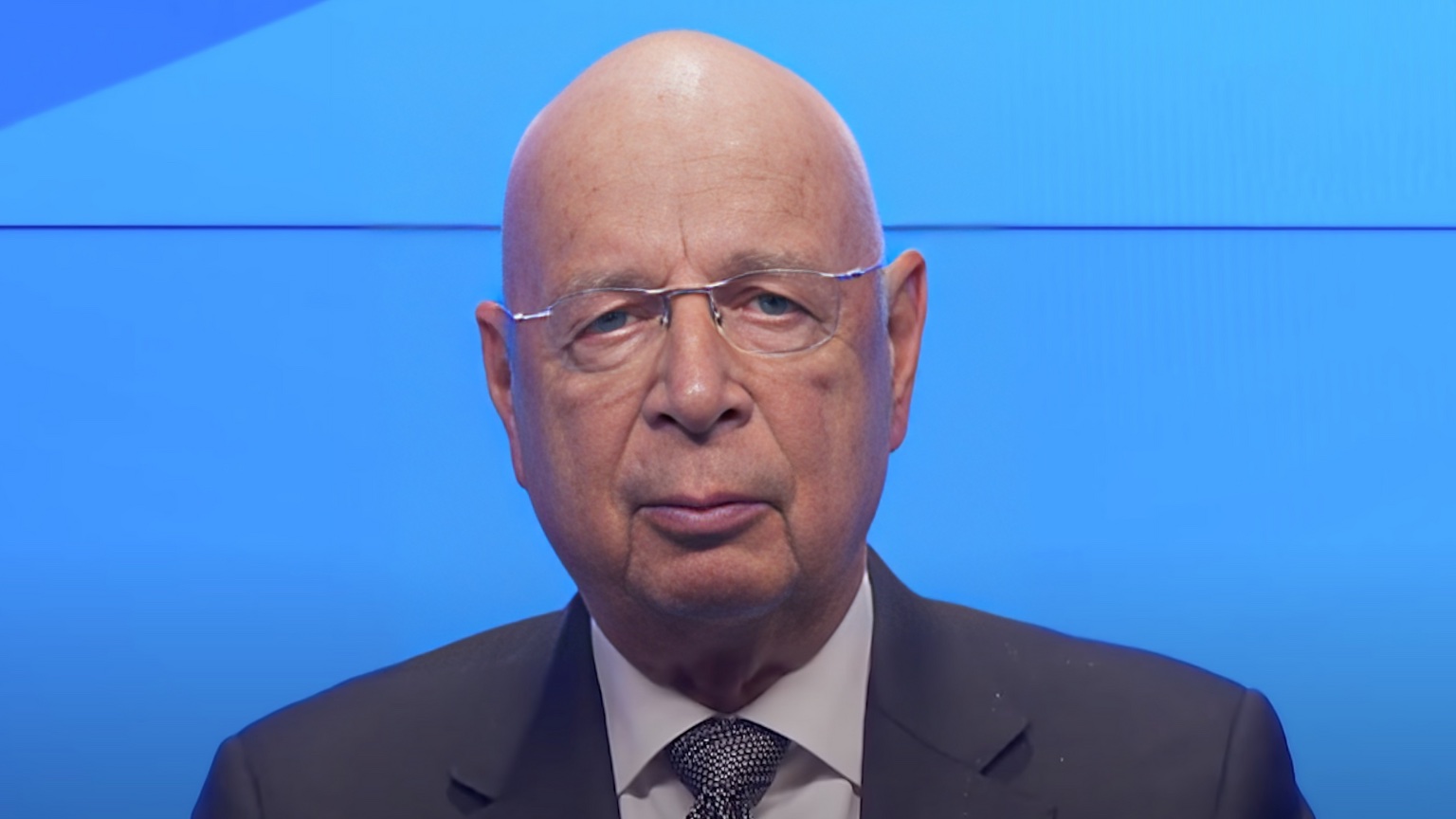The World Economic Forum (WEF) has explained how it envisages the use of “AI” and what’s referred to as digital health in defining healthcare in the future.
In a blog post on the site of the Switzerland-based group, WEF’s Shyam Bishen, whose job title is “head of Shaping the Future of Health and Healthcare,” writes about the activities meant to “accelerate” work around improving healthcare.
And that will take both the deployment of technology and a comprehensive plan – some of the elements of which should be big data models, tele and predictive medicine and wearable sensors and many platforms and apps, according to this member of the WEF executive board.
Meant to coincide with the World Health Day, the post lays out WEF’s ideas about the direction healthcare is going, explaining the group’s interest in this topic as their alleged concern for people’s well-being and better access.
“AI” is seen as a major part of this future, specifically by 2035, as presented in WEF’s Global Health and Healthcare Strategic Outlook report.
This technology is supposed to become ever more integrated with prevention, monitoring, and consultation.
As for the WEF – an informal group gathering global elites – it also has the Platform for Shaping the Future of Health and Healthcare designed to work with governments and businesses, in order to give itself a role in defining and finding ways to “scale up” solutions for healthcare systems.
Some of the key WEF activities here are listed as supporting global vaccine delivery, including contributing to COVAX (a project of the GAVI vaccine alliance, the Coalition for Epidemic Preparedness Innovations, and the World Health Organization, WHO).
In fact, GAVI was launched by the WEF, and other partnerships and collaborations include the Davos Alzheimer’s Collaborative, working with Deloitte to develop “a toolkit to support lawmakers in developing successful policies on technology for mental health,” etc.
The WEF would also, in this context, like more people to be connected to the internet, and cites the need for “strong” data sharing, as well as “security and confidentiality.”
And so the “action plan” as envisaged by the report calls for short, medium and long term planning and investment, and “harmonization” of use of data and apps across the healthcare industry around the world.
“Looking forward, big data models, telemedicine, predictive medication, wearable sensors and a wealth of new platforms and apps could help us rethink how the world provides, accesses and manages health and healthcare,” the blog post reads.








